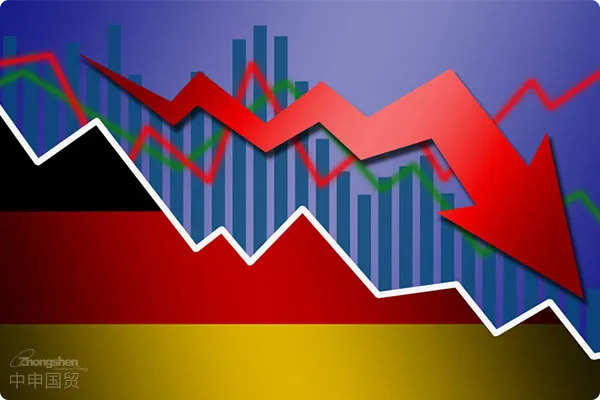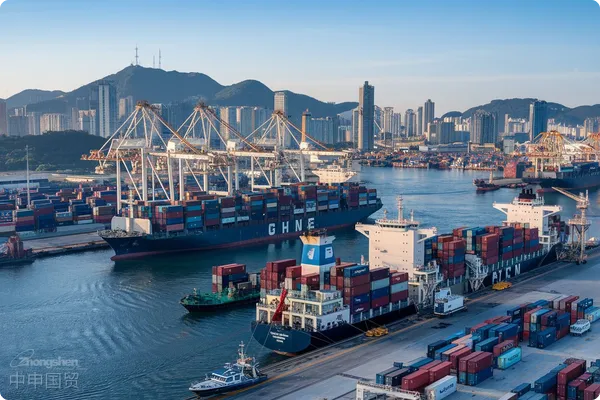- Shanghai Zhongshen International Trade Co., Ltd. - Two decades of trade agency expertise.
- Service Hotline: 139 1787 2118
Recent data released by Germanys Federal Statistical Office (Destatis) shows that in May 2024, Germanys exports to countries outside the EU decreased by 6.4% compared to the previous month. This trend highlights the significant impact of global trade turbulence on the German economy.
Weak exports to non-EU countries
According to statistics, Germanys total exports to third countries in May amounted to 56.7 billion euros. Compared with the same period last year, exports fell by 4.9%. As Europes largest economy, Germany plays a significant role in global trade, making this export decline a matter of widespread concern and discussion.
Among Germanys major trading partners, the United States remains the largest export destination, with Germany exporting goods worth 13 billion euros to the U.S. in May. However, Germanys exports to China saw a significant decline, totaling only 7.5 billion euros, a 14% year-on-year decrease. China was once an important trading partner for Germany, and this sharp reduction reflects changes in Sino-German trade relations and global economic uncertainties.

Continued decline in exports to Russia
More notably, Germanys exports to Russia plummeted. In May, Germanys exports to Russia amounted to just 500 million euros, a 24.9% year-on-year decline. Since the Ukraine crisis, economic relations between Germany and Russia have remained tense. Gunnar Beck, a German member of the European Parliament, pointed out, Compared to all other EU countries, sanctions against Russia have hit the German economy the hardest, costing it 1.5% of GDP growth annually.
Potential impact of new round of sanctions against Russia
Against this backdrop, EU representatives reached an agreement on June 20 regarding the terms of the 14th round of sanctions against Russia, which is expected to receive final approval on June 24. The new sanctions include measures to obstruct Russias liquefied natural gas (LNG) exports, further restricting Russias economic activities and potentially affecting energy supplies in Germany and other European countries.
Complexity of the global trade environment
The decline in Germanys exports to non-EU countries is not solely the result of geopolitical tensions. The global trade environment is complex and volatile, with factors such as U.S. trade protectionist policies, the restructuring of global supply chains, and uneven post-pandemic economic recovery all impacting German exports.
Challenges facing the German economy
The German government and business community are actively seeking solutions, including exploring emerging markets, promoting digital transformation, and strengthening economic cooperation with other EU countries. Additionally, the German government is considering fiscal stimulus measures and policy adjustments to boost economic growth and mitigate the negative effects of declining exports.
Related Recommendations
© 2025. All Rights Reserved.Shanghai ICP No. 2023007705-2 PSB Record: Shanghai No.31011502009912
PSB Record: Shanghai No.31011502009912










